The common term used for several years has been “Green.” This usually referred to a practice or lifestyle that sought to use significantly less petroleum products, recycle, renewable energy, and basically minimize one’s impact upon the Earth. “Green” has slowly faded away to a much more comprehensive concept of responsible stewardship in all aspects of life. We call this sustainability.

The idea of sustainability is to seek a balance in how we handle money, people, environment, and politics. When we focus specifically on only one agenda the other areas generally tend to get neglected and we create an imbalance in our environment. Sustainability can be taught, and I would bet already is, in every subject to some degree. Think about social justice, environmental economics, freedom to bear arms, water use and pollution, air quality, smart building techniques, art, and culture. All of these and more can find some way to participate in fostering a balanced life where we seek to reduce our demand for more stuff, work cooperatively for the benefit of others, preserve and restore our natural resources, and pursue knowledge that will lead us to a prosperous and healthy future. It is by no means a simple pursuit and is in fact quite frustrating. The need for oil has led industry to force it out of shale deposits around the country which has greatly benefited some while others are faced with contaminated water as well as a devastated landscape. I would just ask that everyone do their own small part, include some aspect of sustainability in your classroom, or identify what it is you already do. Be deliberate in making these practices known to your students because it will fall on them to try and fix what we have broken.

